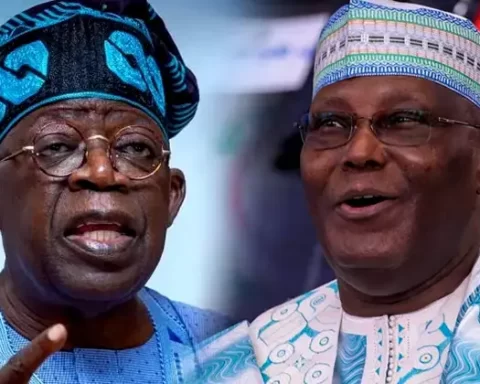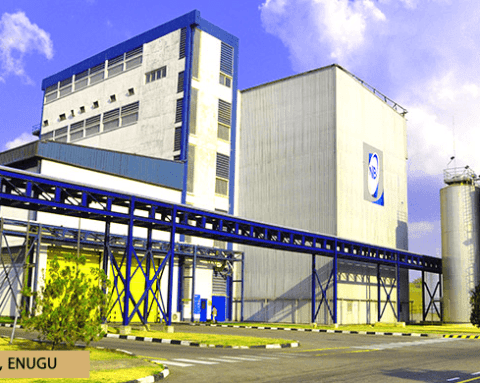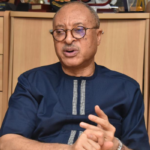Reactions have continued to trail the decision of the Nigerian government to spend ₦10 billion on the installation of solar power in the Aso Rock Presidential Villa, Abuja.
Justifying the decision, presidential spokesperson, Bayo Onanuga, posted a video of solar panel installation done at the White House in the United States.
Join our WhatsApp ChannelLast week, the Director General of the Energy Commission of Nigeria, Mustapha Abdulahi, also justified the move, citing what he described as “unsustainable” for the Aso Rock Villa to continue to pay about ₦47 billion yearly in electricity bills.
Abdullahi said the high electricity bills was the reason President Bola Tinubu approved ₦10 billion for the installation of a solar system to power the presidential villa.
He insisted that the move is in line with the President’s agenda to diversify energy sources and also cut the cost of governance.
He also emphasised that the project would lead to having uninterrupted and clean energy, create jobs, foster innovation among Nigerian engineers and energy experts, and ultimately reduce pressure on the national grid.
However, analysts believe that the decision to install a solar power system that would cost ₦10 billion in the presidential Villa is a clear indication of the level of crisis in Nigeria’s power sector.
READ ALSO: Aso Rock’s N10bn Solar Project Reflects Collapse Of Power Supply – HURIWA
The Abuja Electricity Distribution Company had in 2024, announced that the Presidential Villa owed an electricity bill of N923.87 million. The electricity DisCo had issued a 10-day notice to the Villa and 86 MDAs to pay the combined N47.1 billion electricity debt they owe or be disconnected from supply.
Tinubu waded into the matter and it was reportedly resolved.
Economist and energy analyst, Mr Kelvin Emmanuel, raised some questions about the State House electricity system and events leading up to the latest decision to install solar power.
Mr Emmanuel questioned why the process for the adoption of the solar power system not going through the standard procurement process.
“Why is the process for adoption of solar not going through the standard procurement process, where it will show that there was an energy consumption audit to determine actual power consumption, and that bidding will follow standard procurement rules,” the analyst asked.
“Is the Minister of Power going to use this to signal to NISO (Nigerian Independent System Operator) that GenCos need to embed renewable energy as mandatory through PPA (Power Purchase Agreement) for the power generation mix.
“How is the narrative for adoption of Solar not first to align with the SDG7 goals on clean and affordable energy?”
The analyst also sought clarity on the State House’s 2025 budget for power. “Given that the budget scheduled in the 2025 appropriation act is only ₦311 million, what’s the actual annual budget for Diesel and Generator maintenance?”
He also asked why the State House has not been on pre-paid billing and how estimated billing is being managed.
Mr Emmanuel also queried why the State House is not running on an industrial gas generator (powered with CNG skids) with a redundancy set.
READ ALSO: Can Investment In Renewable Energy Resolve Nigeria’s Power Crisis?
Nigerians who reacted to the issue on social media expressed displeasure over the decision of the Federal Government to earmark a whooping ₦10 billion for a solar power system installation just for the Presidential Villa.
While acknowledging that adopting a solar system as an alternative energy source is good as it promotes the green agenda for environmental sustainability, they, however, queried the amount proposed to be spent on the project
Energy expert, Jide Pratt, the country manager of TradeGrid, said the issue is not about adopting a renewable energy source but the amount to be spent. “This is really not going green. Personally, for me a 1MW Solar Powered grid is circa $1m to actually quote N10 billion is basically daylight robbery,” said Jide Pratt.
“On this, Tinubu has got it wrong, it is a sign that Nigerian government cannot fix our electricity problem.











